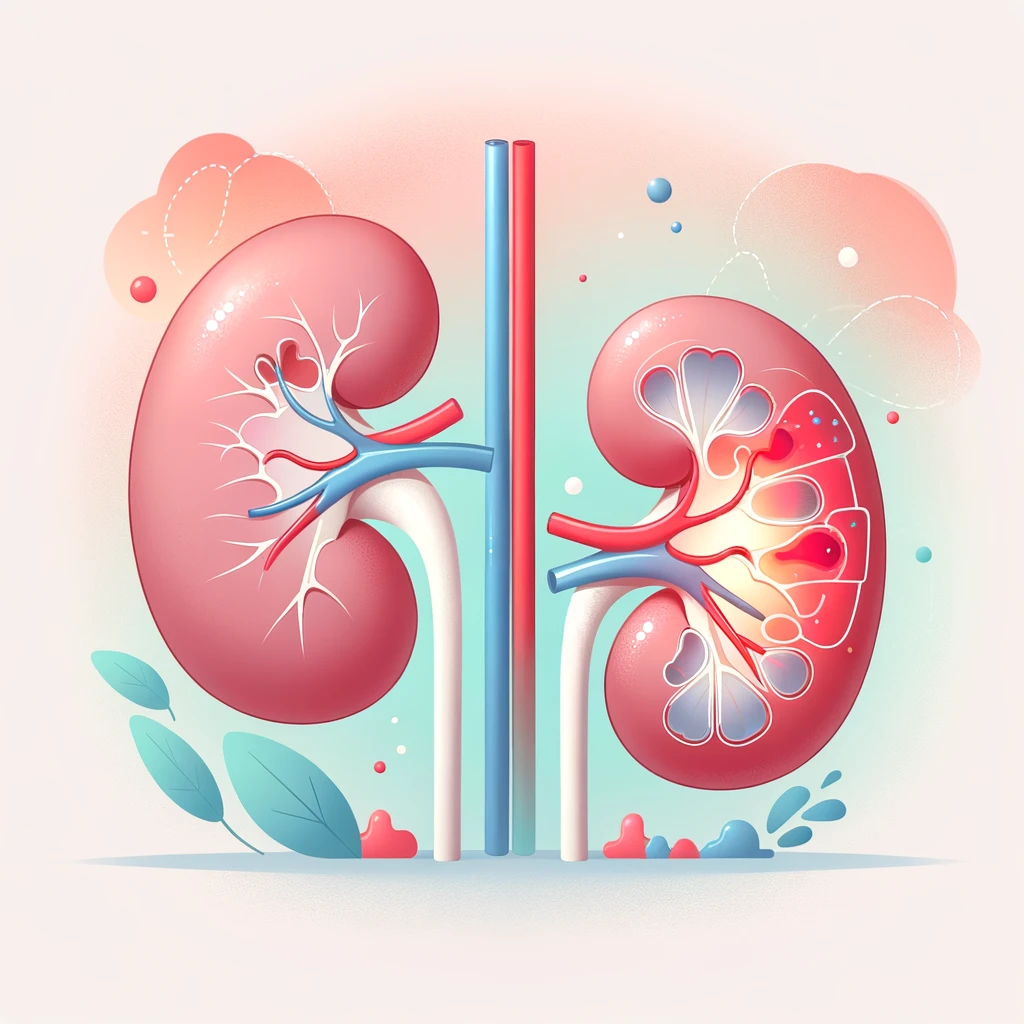What is Acute Kidney Injury ?
When kidneys suddenly stop working to remove waste from the body, a condition known as acute renal injury develops. When kidney function declines, harmful wastes can build up in the body, and the chemical composition of the blood can become unbalanced. Acute renal failure can be reversed in some cases. A return to normal or near-normal kidney function is possible if you are otherwise healthy. Severe Acute Kidney Injury (AKI) can sometimes progress to Chronic Kidney Disease (CKD). This is common if the AKI has damaged the kidneys significantly. Kidney failure is a possible consequence of chronic renal disease.
Contact us